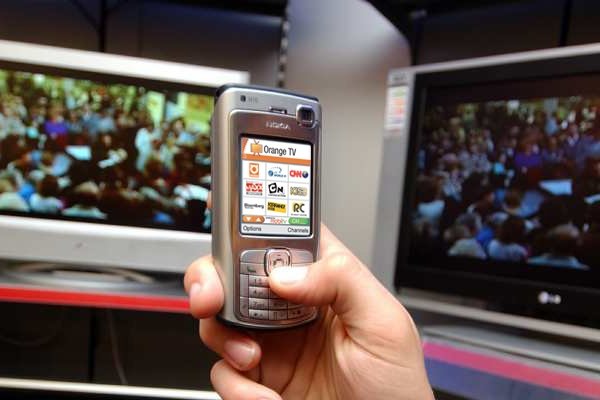3G sucks when you're in the sticks
Opinion: If mobile broadband is the future, it needs to be better than this

Good news! BT is rolling out super-fast broadband to a few urban areas, and Virgin Media is upping its cable speeds!
The age of speedy broadband is upon us. Or at least, it is if you live in a busy bit of England. Scots, Welsh and Irish internet users won't be getting it in serious numbers - but don't despair. Mobile broadband will save you!
That's what Ofcom reckons, anyway. And that means one of two things. Either Ofcom is having a great big laugh at rural users' expense, or it's eaten an entire field of magic mushrooms.
We're writing this in a sprawling suburb, just outside Glasgow. It's so close to the city that you could throw a rock and hit a banker, but apparently it's not close enough to get a decent 3G phone signal. On a good day, outside, you'll see the little 3G icon.
Go indoors, though, and it disappears. That's on a good day. On a bad day, like yesterday, there's no 3G signal at all. We couldn't even use GSM. Phone calls? Yes. Data? Nope.
The further from the cities you go, the worse it gets. And Scotland, like Wales, Northern Ireland and the North of England, doesn't have too many big cities. If you stick to the big motorways, the cities and the very biggest towns you'll get decent coverage. Everywhere else - and in Scotland, most of the country is everywhere else - you won't.
This is significant, because under the Digital Britain proposals mobile broadband will be one of the technologies that will deliver 2Mbps to everybody in the UK. On paper, the proposals are fine. Opening up radio spectrum to make 3G more efficient, saving providers £1.7 billion in the process? Great. Expanding 3G coverage to match 2G coverage? Excellent. But there's a difference between coverage and quality coverage. We've got 3G coverage. It's crap.
Get daily insight, inspiration and deals in your inbox
Sign up for breaking news, reviews, opinion, top tech deals, and more.
According to our network provider, we're in a great 3G area. We can get next-generation mobile technology, their coverage map says. We've got the speeds for video calls, it tells us. And we can get multi-megabit mobile broadband, the postcode checker confirms. Our provider "recommends mobile broadband for this postcode and predicts that speeds will be good". Good? We can barely send a message on Twitter, let alone do anything worthwhile.
It's not enough for mobile broadband to deliver 2Mbps on a coverage map: it needs to do it in the real world, indoors, or it's completely pointless.
Inevitably, delivering that is going to cost money. BT's fibre rollout is only going ahead because Ofcom's letting it charge its customers, ISPs, whatever it feels like. Mobile networks don't sell to ISPs. They sell to us. If the government won't help - and so far, all the signs suggest that it won't - then we've got a choice: mobile broadband can be terrible, or it can be terribly expensive.
-------------------------------------------------------------------------------------------------------
Writer, broadcaster, musician and kitchen gadget obsessive Carrie Marshall has been writing about tech since 1998, contributing sage advice and odd opinions to all kinds of magazines and websites as well as writing more than a dozen books. Her memoir, Carrie Kills A Man, is on sale now and her next book, about pop music, is out in 2025. She is the singer in Glaswegian rock band Unquiet Mind.
